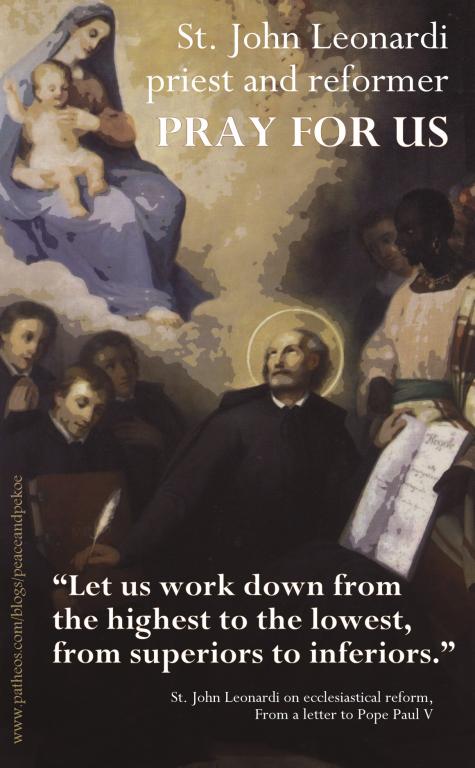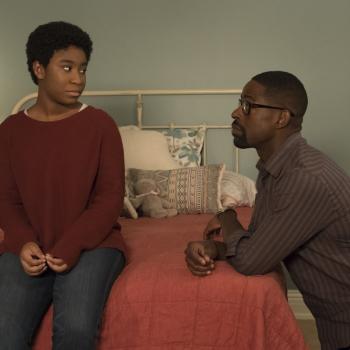Last week was Thanksgiving weekend here in Canada. It also marked the four year anniversary of my return to Canada after my marriage collapsed and sundry smaller betrayals left me with no other home to return to but that of my parents.
Yet, I have many things to be thankful for. I am grateful for my family, and for everything they are to me and my children. I’ve learned to appreciate how blessed I am in being able to say with honesty that I enjoy and anticipate time spent with every one of my siblings and their spouses. I am thankful for my parents, for their generousity towards us, but also for their faith in me. I am grateful to be in Canada, to have landed on my feet with a home of our own and work to pay the bills. I’ve tried to let my gratitude for all that is good in my life serve as consolation for the wound in the center of my family.
This year, I find that adversarial balance–wound vs. consolation–challenged by a quote, a comment, that I have not been able to shake since reading it back in August, in that fantastic GQ interview of Stephen Colbert. In it, Colbert told the interviewer that perhaps the reason he didn’t seem to be working his demons out on stage was because, “I love the thing I most wish had not happened.”
I asked him if he could help me understand that better, and he described a letter from [J.R.R.] Tolkien in response to a priest who had questioned whether Tolkien’s mythos was sufficiently doctrinaire, since it treated death not as a punishment for the sin of the fall but as a gift. “Tolkien says, in a letter back: ‘What punishments of God are not gifts?’ ” Colbert knocked his knuckles on the table. “ ‘What punishments of God are not gifts?’ ” he said again. His eyes were filled with tears. “So it would be ungrateful not to take everything with gratitude. It doesn’t mean you want it. I can hold both of those ideas in my head.”
I wrote once about sorrow being a true and appropriate response to the privation of a good. To grieve a good lost is to acknowledge that it IS good. But Colbert approaches something more profound here; the felix culpa, the happy fault. The wound in the world that opens the door for a greater grace. It is right to grieve what is lost, what is broken. It is also right to rejoice in what is given, and to love, not only the graces and the Giver, but the very wound that opened the door to Him.
So this Thanksgiving, I have tried to be grateful for the course my life has taken. I am a better person for this wound, this hurt that has taught me so much about compassion, about tenderness, about my strengths and my weaknesses. Slowly, I am learning to face towards my discomforts rather than away from them. I wish my children had both their parents present to them. I wish I had the consolations of a loving and constant partner. But I am thankful to have come through the fire and learned my measure. I am thankful for the fire.
“It would be ungrateful not to take everything with gratitude.
It doesn’t mean you want it.”
I think–perhaps–I can hold both of those ideas in my head.
















